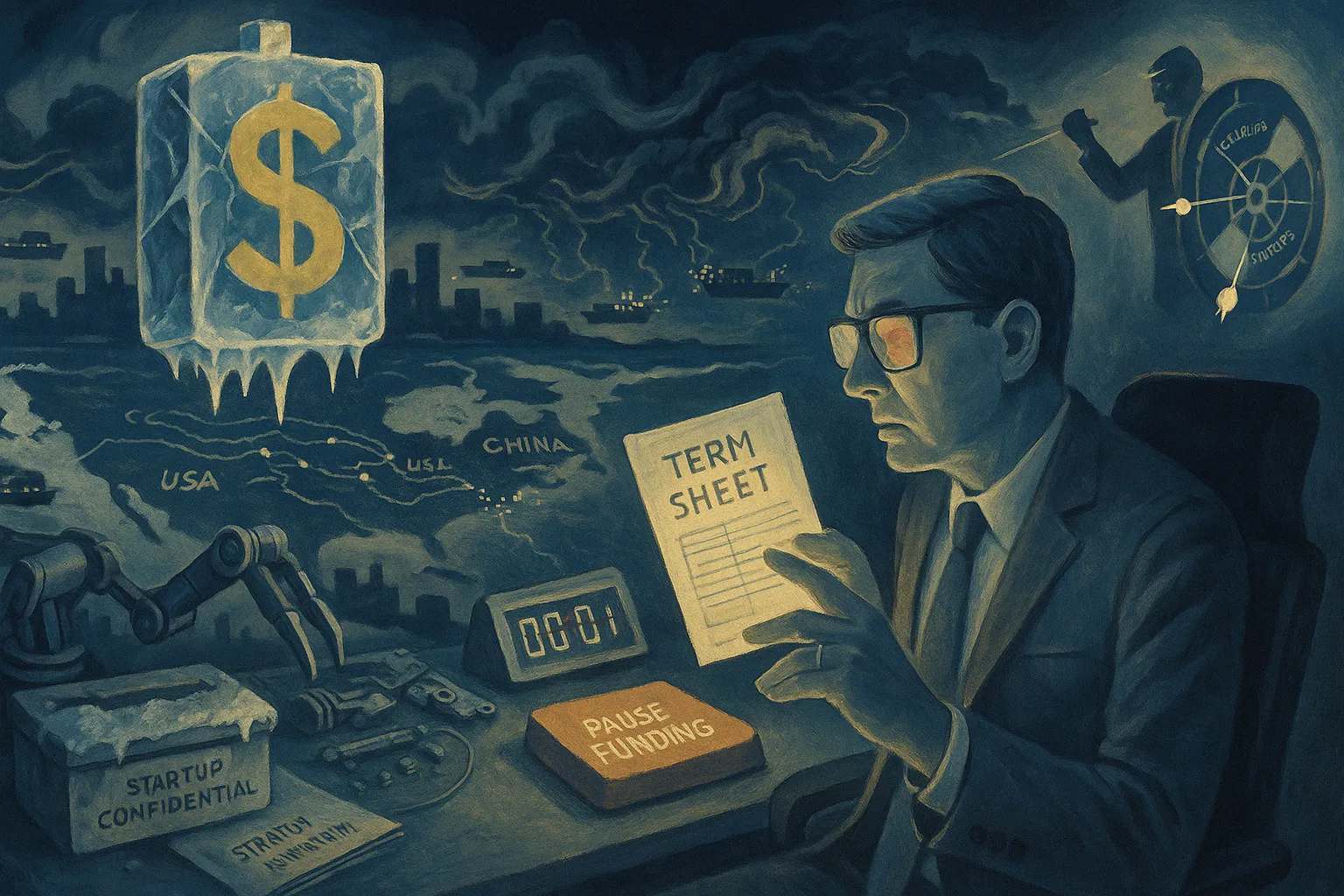Major VC firms pulled back nearly 40% of planned investments this quarter. First-time funding rounds took the biggest hit, dropping to their lowest level since 2019. Startups developing hardware or relying on Chinese manufacturing face particular scrutiny.
"We're seeing deals fall apart in real time," Sarah Chen tells WIRED. Her firm, Sequoia Capital, just shelved three late-stage investments worth $200 million combined. Hardware startups feel the squeeze most. A San Francisco-based robotics company had to slash its valuation by half after Trump threatened new semiconductor tariffs.
Even software companies can't escape the chaos. Cloud infrastructure costs could jump 15-25% if Trump's proposed tech tariffs take effect. For cash-burning startups, that's a potential death sentence.
Why this matters:
- VCs have $290 billion in dry powder sitting on the sidelines – enough to fund the next Google or Facebook. But this money won't flow while trade policy looks like a game of darts played blindfolded.
- When VCs get spooked, innovation suffers. Today's frozen funding could mean fewer breakthrough technologies tomorrow.
Read on, my dear:
Wired: Investors Worry Trump’s Tariffs Could Cause a ‘World of Hurt’ for Startups









